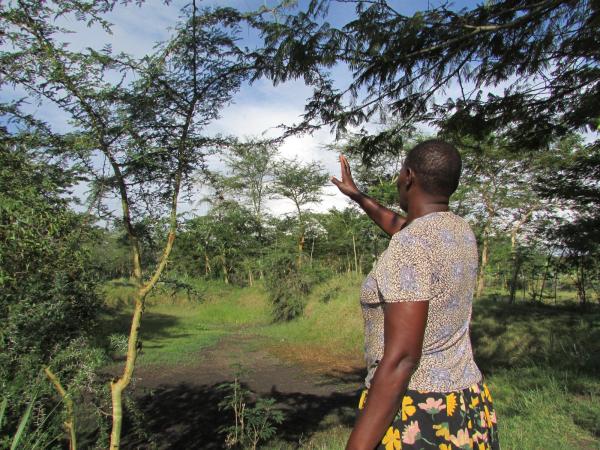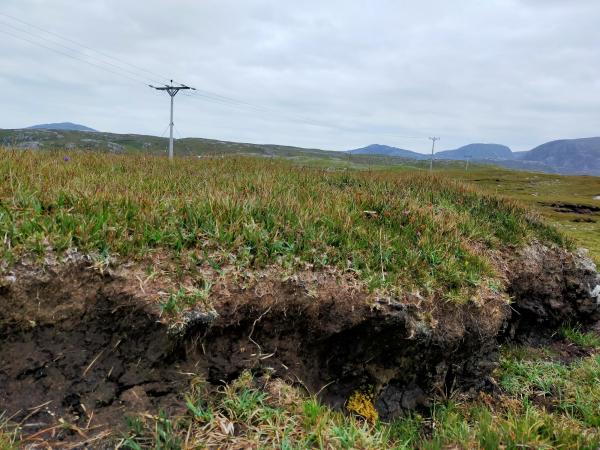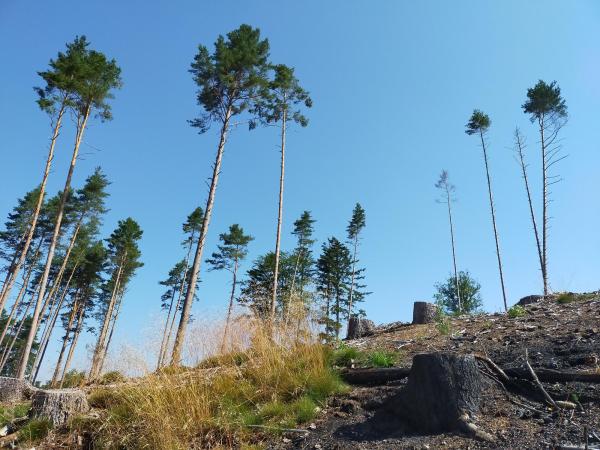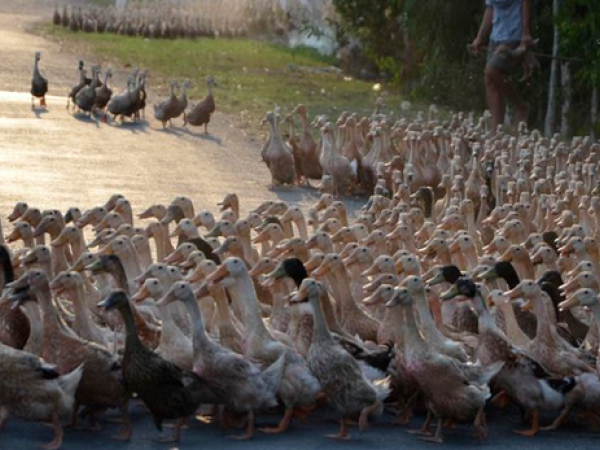Tim Vernimmen is a freelance science journalist who writes about all things alive. His articles have been published by a range of newspapers, magazines and websites.
In 2009, Vernimmen traveled to Beijing, China to write about medical tourism. In 2011, he spent three months in India, with the support of the Pascal Decroos Fund, to investigate the controversy surrounding the antibiotic resistence gene NDM-1.
In April 2013, the Fund supported a project that took him to Vietnam, Cambodia and Hong Kong for a story about the search for dangerous avian flu viruses that landed him in the middle of the H7N9 conundrum. He subsequently traveled to Borneo to investigate our role in forest destruction and the surprising pragmatism of conservationists working there.
In 2017, he traveled to Tanzania and South Africa to learn more about the sustainability of tree planting projects for carbon conservation, and their potential damaging impacts on local biodiversity.
The Fund also supported two summer series he made for the Belgian newspaper De Standaard. The first one, in 2014, investigated the impact of climate change in southern Europe. A follow-up series in 2020 revealed the impacts of increasing drought in northern Europe, its impact on carbon storage in nature, and the possible consequences for the climate and ecosystem restoration.
In recent years, he wrote three stories for EOS with the support of the Fund's science journalism grants, one about the importance of healthy soils, another about the important questions anyone should ask themselves before supporting or starting a forest restoration project, and a third about the many misgiving around sustainable land use.
Most recently, he traveled through Costa Rica, Panama and Colombia for a story on nature restoration published in Apache Magazine.








